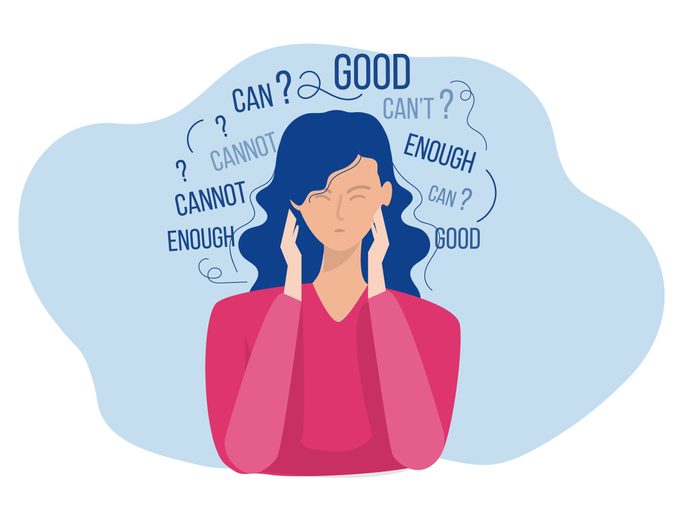Recovery from addiction is a courageous journey that requires determination and self-compassion. A common obstacle that can often jeopardize your sobriety is negative self-talk.
Self-talk refers to the thoughts and messages we tell ourselves throughout the day. It is an internal dialogue that can either uplift us or tear us down. Positive self-talk in recovery encourages hope and determination, while negative self-talk can create doubts, anxiety, and low self-esteem.
The Dangers of Negative Self-Talk
Talking negatively to yourself can create a vicious cycle of self-sabotage and hinder the recovery process. It can cause you to feel stressed and anxious, tempting you to turn to substances as a way to cope.
If you constantly focus on past mistakes, it can prevent you from moving forward. Negative self-talk can make it hard to see how far you have come in your journey and the progress you have made. You do not have to be trapped in the past. Look at the future and all it has to offer.
Negative self-talk can fuel feelings of unworthiness and isolation, leading you to withdraw from those around you who care. It can cause feelings of loneliness and cause you to fall back into old patterns that could trigger a relapse. In recovery, you want to build a strong support system of people who understand your struggles and can help you stay on track.
Embracing Positive Self-Talk in Recovery
You do not need to talk negatively to yourself. If you find yourself constantly having negative thoughts, there are several things to do, such as:
- Replace negative thoughts with positive affirmations: For example, replace a negative thought, such as “I cannot do this and will never succeed,” with something positive, such as “I am strong and capable and can overcome any challenge in my way.” Make it a habit whenever a negative thought comes into your mind to replace it with something positive and encouraging. Over time, you will begin to think more positively.
- Celebrate your progress: Acknowledge and celebrate each milestone in your recovery journey, regardless of how small it may seem. Recognize your efforts and the courage it takes to stay committed to sobriety. Celebrating the positives will overtake the negatives and give you a better outlook on your life.
- Practice self-compassion: Be kind to yourself and understand that recovery is a process with ups and downs. Treat yourself with the same empathy and compassion you would offer to a friend or family member in need.
- Make self-care a priority: Taking care of yourself can lead to a more positive mindset. Practicing self-care does not need to take much time or effort. It can include exercising daily, getting enough sleep, and taking time each day to reflect on the positives in your life.
- Surround yourself with positive influences: Engage with a supportive network of friends, family, or fellow recovery peers who uplift and encourage you. If you begin to feel negative, attend support group meetings, talk to your sponsor, or confide in a trusted friend.
- Be mindful: Incorporate mindfulness practices such as meditation into your daily routine to develop greater awareness of your thoughts and emotions. This can help you recognize and redirect negative self-talk when it happens.
Help is Available!
The caring and compassionate staff at Twin Lakes Recovery Center in Monroe, Georgia, is here to help put you on the path to a lasting recovery. We offer a range of programs and services that can be tailored to meet your individual needs including detox programs, residential treatment, continuing care, and more. Please contact us today to learn more.




